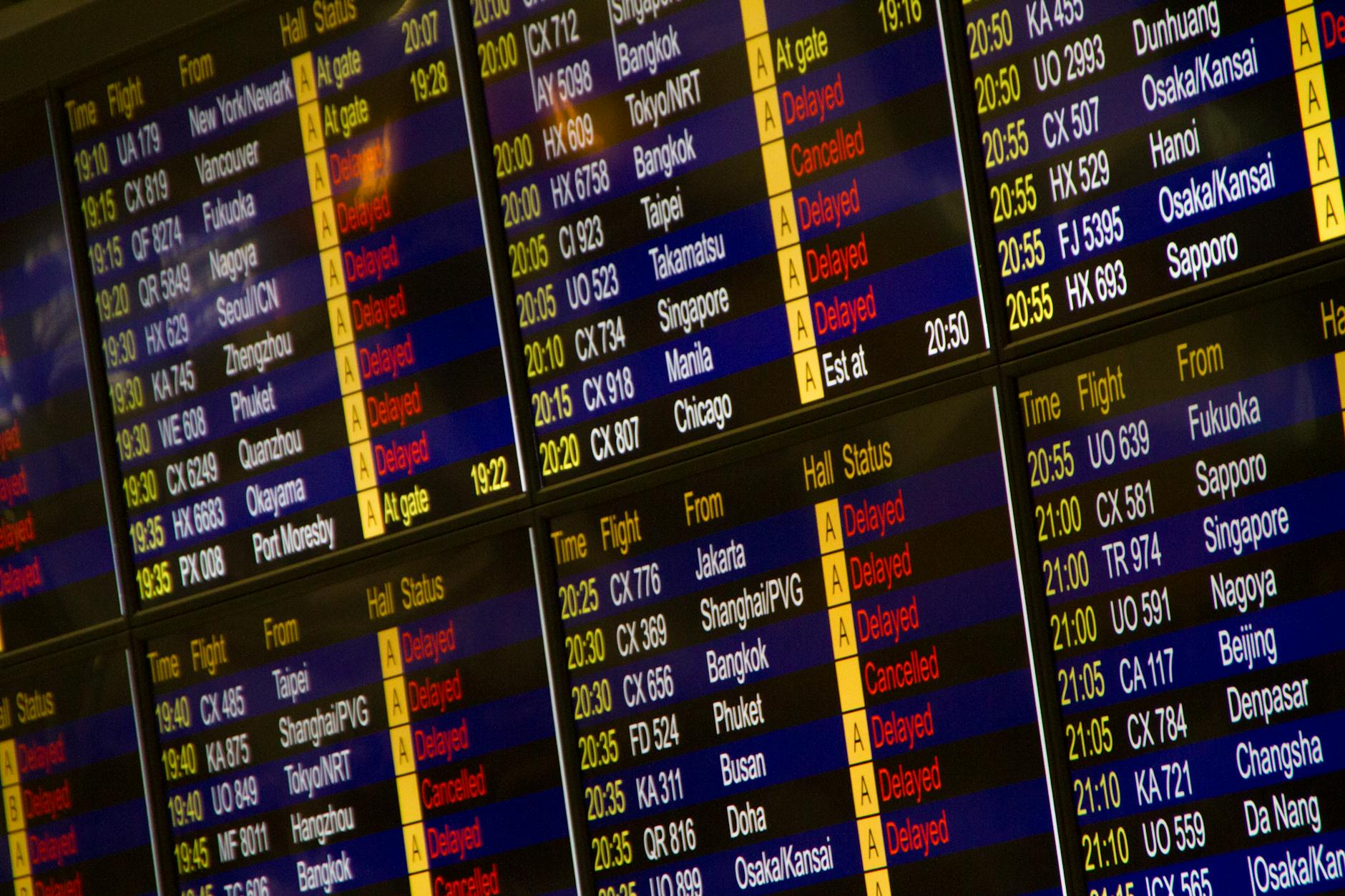A wave of unprecedented air travel disruptions has swept across the nation, leaving thousands of passengers stranded and dramatically altering travel plans. With major airports implementing surprising new restrictions, including a significant ban on most private jet operations, and a staggering number of flights canceled or delayed, travelers are facing a challenging landscape. This widespread operational slowdown, linked to critical air traffic control staffing issues, has forced a major reassessment of air travel, pushing many to seek alternative solutions for their journeys.
Nationwide Air Travel Gridlock: Private Jet Bans and Record Delays at Key Airports
The aviation sector is currently experiencing a significant period of operational adjustments, particularly impacting some of the nation’s busiest air hubs. Authorities have announced a temporary suspension of most private jet activities across a dozen major airports, a move directly related to concerns over air traffic management capacity. This pivotal decision aims to alleviate congestion and maintain safety amidst ongoing challenges. The scale of the current situation is remarkable, with reports indicating that a single day saw over ten thousand flights experiencing significant delays, marking the most substantial disruption period in recent memory. Furthermore, more than two thousand flights were grounded on one recent Sunday alone, pointing to a widespread impact across the entire air travel network. These measures, while disruptive, are being implemented with the primary goal of safeguarding air travel during a complex operational environment.
Beyond the Runway: How Savvy Travelers Are Navigating Widespread Flight Cancellations
In response to the evolving travel landscape, individuals and families are demonstrating incredible resourcefulness in reaching their destinations. With air travel facing these unprecedented challenges, many are exploring a variety of creative alternatives. A noticeable shift is occurring, with a significant uptick in passengers opting for rail services, utilizing car rentals for long-distance journeys, and even devising entirely new logistical plans to circumvent the airport congestion. Experts suggest that the decision to reduce flight schedules during such periods of strain is a prudent and necessary step. This strategic reduction helps to manage the available resources more effectively, ensuring that operational integrity and passenger safety remain paramount, even if it means temporary inconvenience for some. This adaptive approach highlights the resilience of travelers and the continuous efforts of the industry to prioritize a secure and manageable travel experience.
While the current period presents significant hurdles for air travel, it also showcases remarkable adaptability from both the operational systems and the traveling public. Critical adjustments are being implemented to prioritize safety and efficiency, and passengers are creatively finding new ways to reach their destinations. This challenging moment underscores the vital importance of robust infrastructure and adequate staffing in the aviation sector, paving the way for even more resilient and reliable travel options in the future.

Leave a Reply